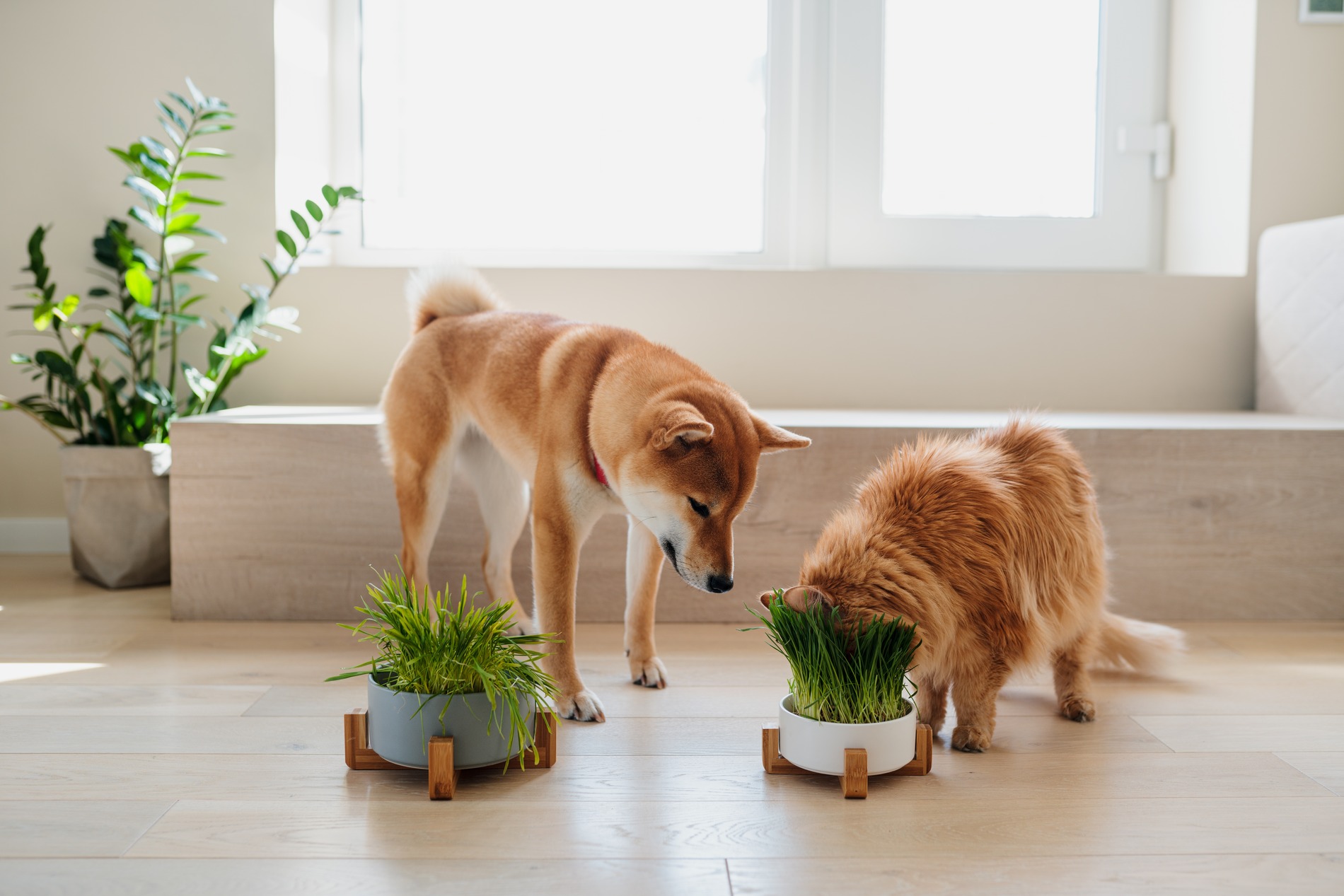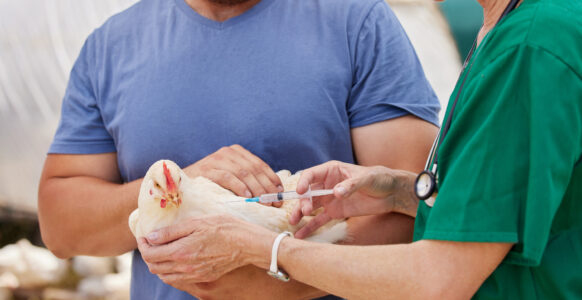Healthier Pets, Greener Planet with Plant-Based Diets
As more people become conscious of the food they eat and its impact on their health and the environment, it’s no surprise that plant-based diets are gaining popularity for our furry friends too! From boosting health to supporting sustainability, plant-based diets are changing the way we feed our pets. But what’s behind this trend, and how is it shaping the future of pet food? Let’s take a closer look!
Why Pet Parents Are Turning to Plant-Based Diets
Healthier Pets: Plant-based diets are packed with essential nutrients like fiber, vitamins, and antioxidants. These help boost your pet’s immune system and promote better digestion. Pet owners have noticed that their dogs, for instance, experience fewer stomach issues, improved energy, and shinier coats after switching to plant-based food.
A Greener Planet: Another major reason pet parents are making the switch is the environmental impact of traditional pet food. The meat industry has a large carbon footprint, and by opting for plant-based alternatives, you’re helping reduce the overall environmental impact. Plant-based foods are made from sustainable ingredients, which helps preserve natural resources and decrease pollution.
Ethical Choices: Many pet owners are concerned about how animals are treated in factory farming. Plant-based diets offer a cruelty-free option that aligns with more ethical eating choices. By choosing plant-based pet food, you can feel good about feeding your pet without contributing to animal welfare concerns.
What’s in Plant-Based Pet Food?
Plant-based pet food isn’t just about cutting out meat. It’s about creating well-balanced meals that provide everything your pet needs to stay healthy. These foods include plant-based proteins like peas and lentils, healthy fats like flaxseeds, and a variety of vitamins and minerals, such as vitamin B12, iron, and calcium, to make sure your pet gets a complete, balanced diet.
Can Cats Eat Plant-Based Diets?
Cats are obligate carnivores, meaning they need meat to stay healthy. Their bodies rely on specific nutrients found only in animal products, such as taurine and vitamin A. While there are some plant-based options designed for cats, they’re more limited and harder to formulate than those for dogs. If you have a cat, it’s important to consult your vet before making the switch to a plant-based diet.
Challenges to Consider
Although plant-based diets are gaining popularity, they do come with some challenges. One concern is whether these diets can provide all the nutrients your pet needs, especially since every pet has different health requirements. It’s crucial to choose high-quality, nutritionally complete plant-based foods and to consult your vet before making the transition to ensure it’s the right fit for your pet.
Looking Ahead
The future of pet food is becoming more exciting than ever. As technology improves, we’re likely to see even more innovative options like lab-grown meat or insect-based proteins entering the pet food market. These new alternatives promise to further enhance nutrition while being more environmentally friendly.
So, if you’re looking for a healthier, more sustainable option for your pet, plant-based food might just be the way to go. It’s a win for your pet’s health and the planet!




















